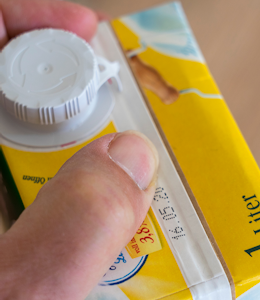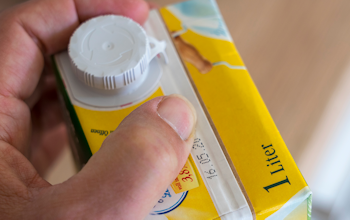Spring Cleaning: Tips and advice to help you meet FSA standards…
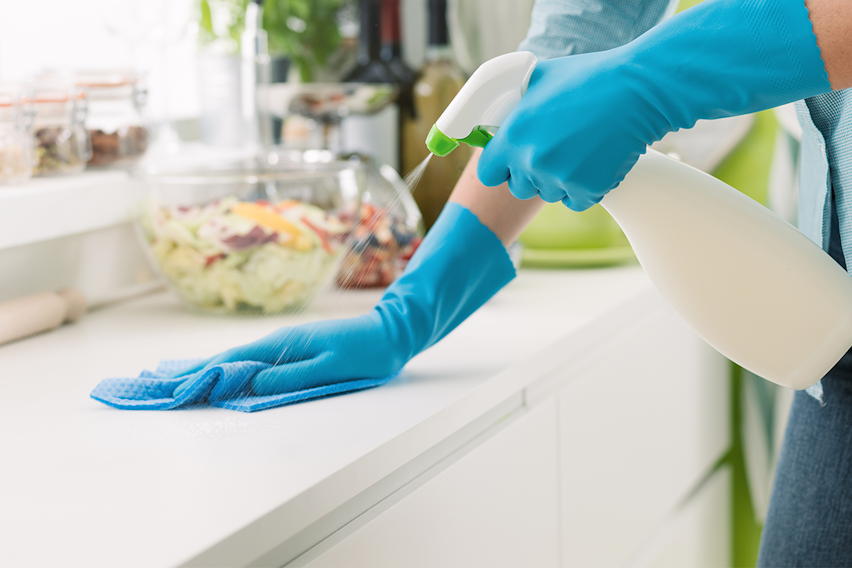
The Food Standards Agency (FSA) is all about “Spring Cleaning” right now!
Why?
Because they want to improve awareness of the 4Cs: Chilling, Cooking, Cleaning and Cross-Contamination.
And with that in mind, we’ve pulled together these top tips and cheat sheets for everything you need to know...
Chilling
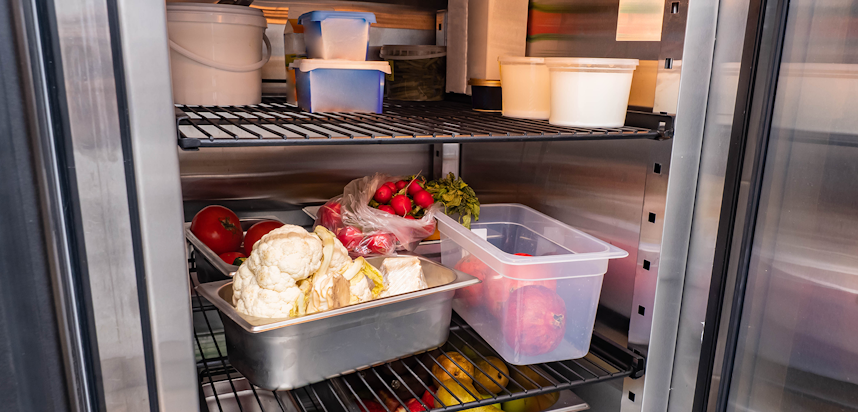
Chilling and freezing can be a foodservice business’s best friend - effective chilling processes help you to run smoothly, keep cost-margins healthy and make life easier for those in the kitchen and beyond.
But there are correct and incorrect ways to freeze, defrost and chill foods safely, and we’ve listed them all in one easy cheat sheet. Read it here.
Spring clean the kitchen cupboards
When deep cleaning, don’t forget the kitchen cupboards. And by that we don’t just mean wiping them down with disinfectant (although that is important too), but going through all your food products and checking the best before dates. Whilst it is safe to eat food past its best before date, it may no longer be of the highest quality. However, if there is a use-by date this is different. It is not safe to eat food past its use-by date, though products with a use-by date should generally be stored in the fridge or freezer, not a kitchen cupboard.
You can find out more about use-by and best before dates in our guide to Shelf Life here.
Cooking

Everyone has their own methods when it comes to getting the best out of their ingredients, but there are some things that should be non-negotiable when it comes to heating and serving your signature dishes.
Find out what they are in our round-up of cooking do’s and don’ts, here.
Make sure eggs are stored correctly
There has been some debate around whether eggs are best stored in the fridge or if they are fine in kitchen cupboards. Well, storing them in the fridge will keep them at a constant, regulated temperature and help them remain fresh for longer, but essentially they simply need to be stored in a cool, dry place.
The FSA recommends that you follow the Manufacturer’s advice and avoid storing eggs where they would be exposed to temperature changes. Temperature changes need to be avoided because they can lead to condensation on the egg’s surface, which causes increased penetration of Sslmonella from the outside of the shell into the egg.
You can find out everything you need to know about salmonella here.
Cleaning
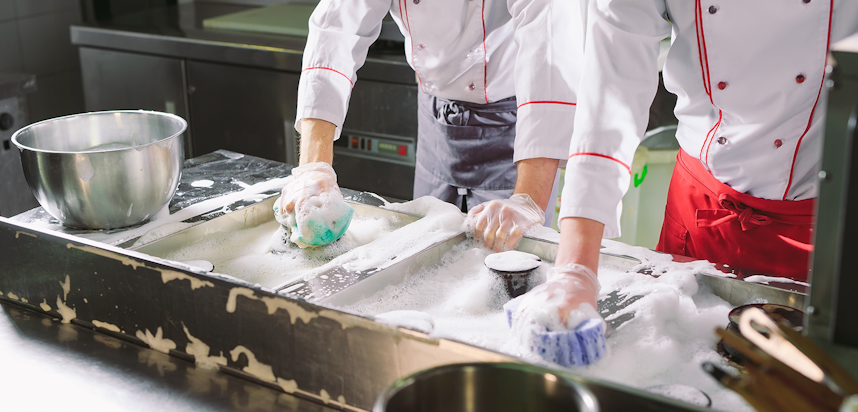
Kitchens and food are breeding grounds for bacteria that causes food poisoning, and whilst cleaning the environment and everything in it thoroughly won’t actually kill this bacteria, it will remove the bacteria from surfaces.
Staying on top of keeping this bacteria at bay is critical, and with our list of tips it’s easy to do. Read it here.
Clean your tea towels, dish cloths, aprons and oven gloves
Regularly washing and later, replacing your tea towels, dish cloths, aprons, oven gloves and other fabric products is crucial to reduce the spread of bacteria and viruses and prevent cross-contamination.
Bacteria spreads more easily on dirty and damp fabrics, so you must make sure your tea towels etc are fully dried as well as clean before using them.
Cross-contamination

Cross-contamination usually refers to when bacteria is spread between food, surfaces or equipment, but it can also mean the transfer of allergen ingredients to places where they can contaminate non-allergen food. This can be dangerous, and even fatal, for people with food allergies.
Here’s our article on why food businesses should make avoiding cross-contamination a priority.
You can also read information about cross-contamination from the FSA here.
Visit the Food Standards Agency website here.
You may also be interested in…


You may also be interested in…
Your Food Safety Cheat Sheet for Summer Dining
ReadYou may also be interested in…
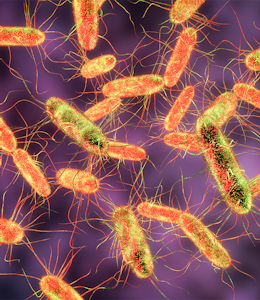
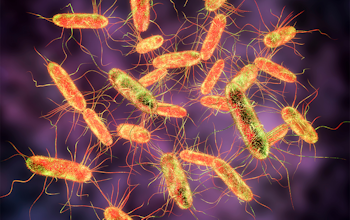
You may also be interested in…
